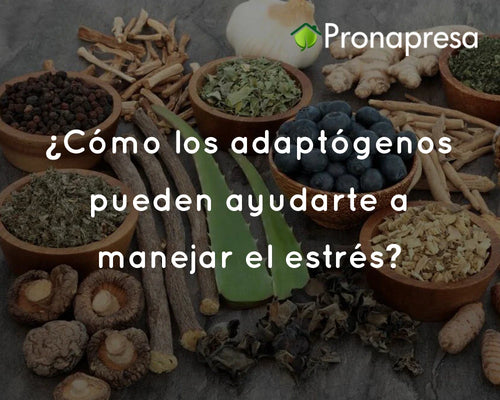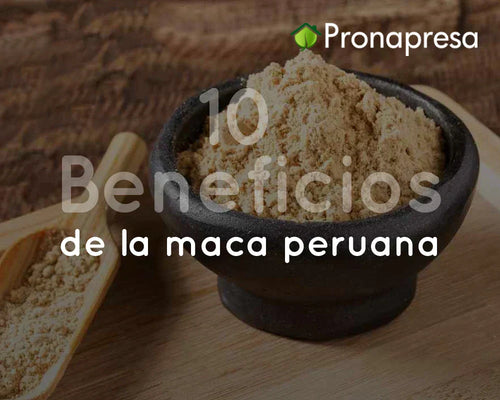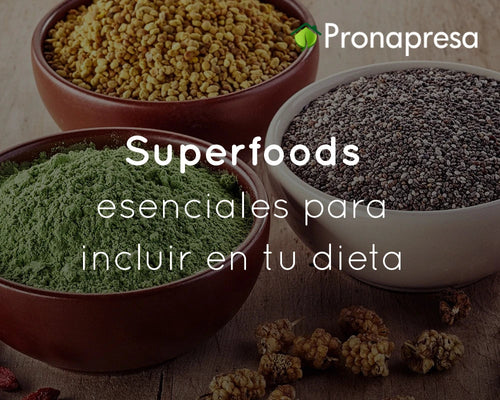
Why is it important to consume foods rich in magnesium ?
Magnesium is an essential mineral involved in more than 300 biochemical functions in the body. From maintaining energy to balancing the nervous system, its presence is vital for physical and mental well-being. However, much of the population fails to achieve adequate levels due to a processed diet or one lacking in natural nutrients.
If you feel tired, stressed, or experience frequent muscle cramps , it could be a sign of magnesium deficiency . In this article, you'll discover which foods are rich in magnesium and how they can help you restore your natural balance .
🥦 Main health benefits of magnesium
Magnesium not only provides energy, but also directly influences the nervous system, muscles, and heart. Below, I explain its most important benefits , backed by scientific evidence and a naturopathic perspective.
💪 1. Increases energy and combats fatigue
Magnesium is involved in the production of ATP , the energy molecule in cells. Optimal levels help you feel more active and focused throughout the day .
🧘♀️ 2. Regulates the nervous system and improves mood
It promotes relaxation, reduces stress, and improves sleep quality. That's why it's known as the " anti-stress mineral ." Studies have shown that low magnesium levels are associated with mild anxiety and depression .
❤️ 3. Take care of your cardiovascular health
Magnesium helps regulate blood pressure and maintain a stable heart rhythm, reducing the risk of arrhythmias and cardiovascular disease.
🦴 4. Strengthens bones and prevents osteoporosis
In addition to calcium and vitamin D, magnesium is crucial for strong bone structure . It helps calcium bind to bones and improves bone mineral density.
💧 5. Relieves cramps and improves muscle performance
Athletes value it for its ability to prevent cramps and improve muscle recovery after intense exercise.
🥬 List of foods rich in magnesium
Incorporating magnesium-rich foods into your daily diet is easy. Here's a handy guide to the best natural sources :
Nuts and seeds
- Almonds
- Cashews
- Pumpkin seeds
- Sunflower seeds
- Brazil nuts
Vegetables and legumes
- Spinach
- Swiss chard
- Black beans
- Chickpeas
- Lentils
Whole grains and pseudocereals
- Oatmeal
- Quinoa
- Amaranth
- Brown rice
Other foods rich in magnesium
- Avocado
- Dark chocolate (minimum 70%)
- Banana
- Tofu
- Fatty fish (such as salmon or mackerel)
How much magnesium do you need per day?
The recommended daily allowance (RDA) varies by age and sex:
- Adult men: 400–420 mg/day
- Adult women: 310–320 mg/day
- Pregnant and lactating women: 350–360 mg/day
If your diet is deficient, you may want to consider natural magnesium supplements , preferably in highly bioavailable forms such as magnesium citrate or bisglycinate .
🌿 Naturopathic approach: balance and absorption
Naturopathic medicine emphasizes that it's not just how much magnesium you consume that matters , but how your body absorbs it . To improve absorption:
- Avoid excess coffee, alcohol and refined sugar.
- Accompany foods rich in magnesium with sources of vitamin B6 and zinc .
- Maintain good hydration and a balanced diet rich in fresh vegetables.
Magnesium is an essential mineral for physical, mental, and emotional balance . Including magnesium-rich foods in your daily diet can help improve your energy, mood, sleep, and overall health.
Start nourishing your body with natural sources of magnesium today and experience the difference in your vitality and well-being.























































